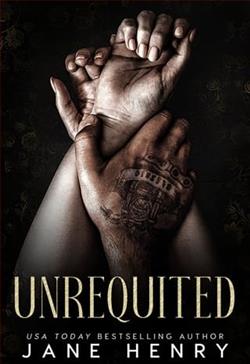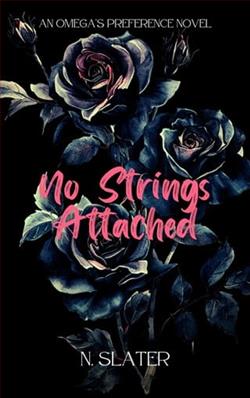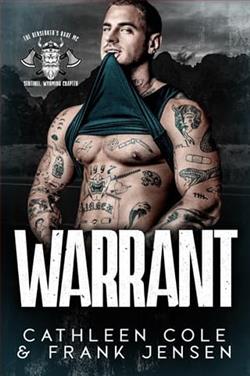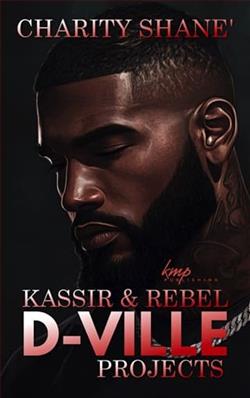Page 39 of Velvet Betrayal
I didn’t look away from the laptop screen. Six unanswered work emails, two flagged urgent, one flagged by Alek as “curious, but not catastrophic.” I ignored all of them. The thing I couldn’t let go was the digital page in front of me: a personnel file for Mickey Russell, the dead man, Kieran’s nightmare, and maybe—now—the only leverage I had left.
Kieran tilted his head. “You’re still on the clock?”
“It helps me not think about being murdered,” I said, and realized as soon as I said it that my voice didn’t match the words.
He pulled an orange from the fruit bowl and started peeling it, rind dusting flecks onto the counter. “You always had the skill for compartmentalization.”
“Go to hell,” I said, but my mouth was smiling.
“It’s almost sweet, the way you can’t help yourself.”
It was after nine. Rosie’s room was silent—maybe still asleep, maybe reading under the covers with a flashlight, but either way, she was the only one in this house whose shields were down.
Kieran ate a segment. “What’s the next move?”
I stared him down. “You tell me. I did everything you asked. I sold my last good option to Tristan. Now we just wait for him to take care of things, right? I’m powerless in all this…there is no next move.”
He looked genuinely pained. “I’m sorry.”
“You’re—?” I almost spat it. Then, softer, more tired than I wanted, “It’s not your fault. But if you get the urge to say that again, punch yourself first, just to make it interesting.”
He grinned, which was unfair, because it made his whole face light up, and my reflex was to want to touch him. Instead I kicked my chair back, closed the laptop, and went to the sink just to give my hands something to do.
Kieran finished the orange, tossed the peels, and stood behind me. No contact, not even a hand on my shoulder, but I felt the static as if he was already touching the bones of my back.
“When this is over,” he said, “are you still going to hate me?”
“Yes,” I said instantly, and I meant it, but some part of me hoped he’d push.
He didn’t. “That’s fair,” he said. He leaned in close enough that his chin grazed the top of my hair. “But I’d do it all again. You know that, right?”
I said nothing. The answer was already in the air, stitched into the day: our sprint through freezing woods, breakfast with Tristan, the seconds spent watching Rosie sleep.
He stepped away, braced both hands on the lip of the sink. Looked down for half a breath, then reached past me for a glass. The move was casual, automatic—so familiar it nearly gutted me.
How many lives could’ve spun out from gestures like that?
Not dreams, not hypotheticals. Just the life we almost had.
They all ran beside this one, stubborn and alive. Like Rosie. Like us.
He drank from the tap and let out an exhale. “I’m not going to let anything happen to you,” he said. “Not now. Not ever.”
“You keep saying that,” I said, careful. “And then things just keep happening.”
“But you’re still alive.”
I didn’t offer anything. Just watched him fill the glass again, drink, and set it on the counter.
“How long do you think it will last?” I asked, not sure if I meant the truce with the Crew, the borrowed peace of co-parenting, or the relentless, low-grade ache of being tied to a Callahan.
He squinted, considering. “The Crew is just a job,” he said, voice clinical. “If Tristan says the contract is void, it’s void. But someone out there still wants your file closed, and that doesn’t just dissolve. So—long enough to buy us another pivot, maybe. Not forever.”
He turned the glass a quarter rotation, aligning it with the seam in the counter.
I wanted to press him, to start the cycle of questioning that had carried me through law school and up the chain to District Attorny. But the thing about Kieran—the thing that made him both impossible and irresistible—was that he never gave in tointellectual sparring. He’d let your best arguments pile up, then wait for you to defeat yourself. Play stupid, as if he wasn’t playing us all with the act.
“You ever think about what it would’ve been like, if we’d done it right the first time?” I asked.















